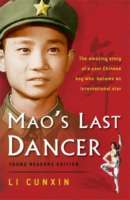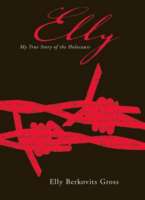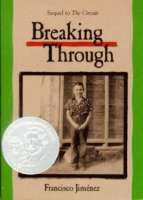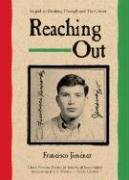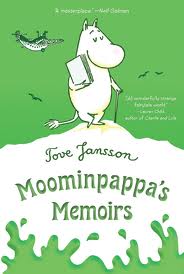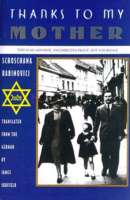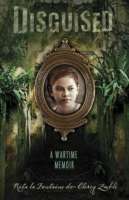
“I was born, like my seven brothers and sisters, in a house atop a hill overlooking lovely Bras d’Or Lake”. So begins Christy MacKinnon’s story of life as a little girl in 19th-century Nova Scotia, Canada. Through wonderful images created with her own words and her watercolors, she tells of a simple, charming life on the family farm; of learning with her father, the master of her town’s one-room schoolhouse; and of her eventual travel to Halifax to attend a “special” school. As with many children in the 1800s, Christy became deaf after a “seige of whooping cough”, a sickness common then, which she barely survived.
Silent Observer opens to young readers a world rarely seen today. They will be thrilled by her family’s ride in a horse-drawn sleigh over a frozen northern lake, and her close encounters with a noisy bull and a “gentleman” ram. Children and adults alike will warm to her cheerful memories of the simple pleasure of playing in a flower-filled field with her brothers and sisters. They will discover, too, that young Christy crossed paths with many vital figures of the day, beginning with frequent visits by Alexander Graham Bell, and later with a momentous meeting with Helen Keller.
Silent Observer is a delightful memoir told as it was seen through the eyes of a lively child. It is also a meaningful record of life for a deaf child and her family in the far reaches of Canada at the end of an era. Silent Observer is a beautiful, sensitive story that is sure to be enjoyed by everyone.
